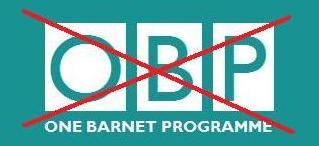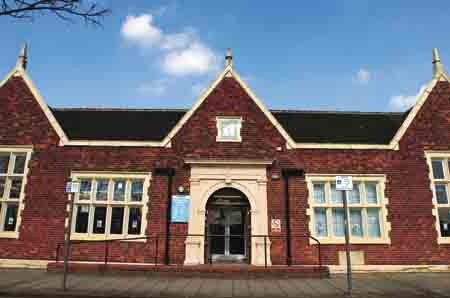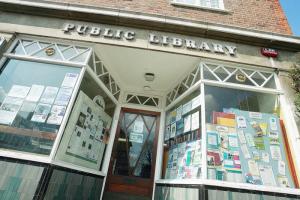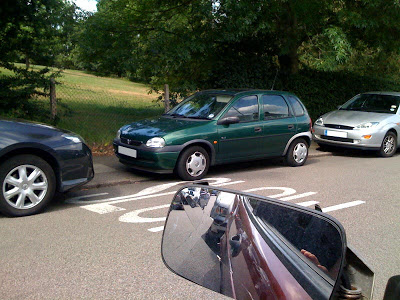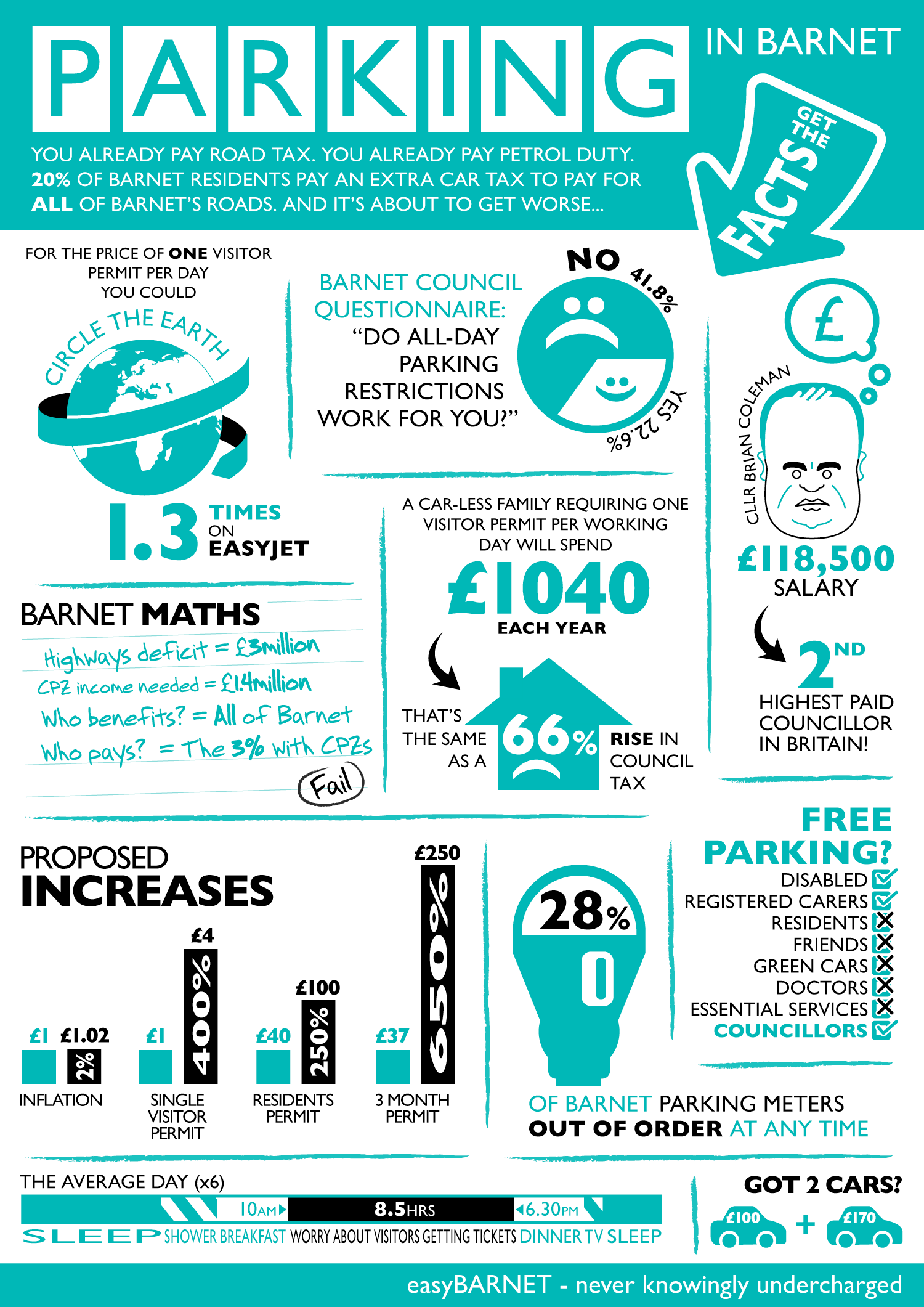In December Barnet council announced that it wants to cut all the funding it gives to the artsdepot in north Finchley, the only professional arts venue in the borough.
The artsdepot commented:
In the past financial year, artsdepot received £194,000 from Barnet Borough Council, amounting to 11% of its overall turnover. Comparable arts venues in six other London boroughs received local authority support amounting to between £226,000 and £650,000, which made up between 18% and 68% of their overall turnover. artsdepot has always strived not to be dependent on one core funder, earning around half of its income itself through, amongst other things, box office sales and hires. Around a further 25% of funding comes from private trusts and foundations who value its work. However, the late notice of this announcement makes it incredibly difficult for the venue to plan for the consequences of the proposed cuts.
We publish here an article from Jasmine women’s group, one of the community groups that uses the artsdepot. It shows how cuts to the artsdepot could impact on the wider community.
Jasmine Women’s Group and the artsdepot
By Tanya Novick
The Jasmine Women’s Group is a creative project between Barnet Refugee Service and the artsdepot. The group is for refugee and asylum seeking women, some of whom are destitute; it meets weekly at the artsdepot.
The artsdepot is a comfortable, safe, appropriate venue for the Jasmine group. As Jasmine is a creative group (photography, poetry, writing, performance, dance) it is important to access the creative facilities of the artsdepot - theatre, dance and exhibition spaces, art room, refreshments (some of the women travel far to come to the group and may even not have eaten before they come). The venue is at the heart of the community, an attractive venue and accessible on public transport. All the participants travel on public transport to the artsdepot, some come from distant parts of Greater London.
We have had referrals to Jasmine from Barnet social services, mental health teams, GPs, voluntary organisations, etc.
The individual participants have improved their English, made friends, acquired social skills, and improved their mental health. At a recent feedback session, K said: “If it wasn’t for the women’s group I would be dead.”
T said: “I enjoy every Tuesday. I feel I have to come even though I am not feeling well because I can change my life for a few hours. It lifts my depression. We come from other countries and we have a voice.”
Other reasons given for attending are: I come to meet my friends and forget about all my problems for a short while; I meet people from all over the world; we share our problems; I learn English; I come a long way (from Dagenham!) but because Jasmine is important to me I make the effort.
Here are the aims (taken from a report to our funders):
• To engage refugees in Barnet in arts activities helping them to learn about each other’s cultures and foster understanding and co-operation.
• To provide free, accessible and safe activities, giving refugees positive activities to be involved in.
• To bring refugees together, to share experiences, make new friends, improve language and communication skills and learn new skills.
• To give a voice to Barnet’s refugees through the medium of photography. Ensuring all participants can fully contribute, despite any language barriers they may have.
• To raise aspirations and confidence within the group.
The original outcomes (of the project) are being achieved:
1. Increased self confidence and social networks
2. Reduced isolation and reduced mental health issues
3. Increased access to employment, training and other services
4. Increased awareness of their rights and responsibilities in the UK
5. Increased skills levels including improved level of English language skills
6. Increased participation in the organisation and in the local community
7. Increased motivation through the support of others who have benefited from the project
Without the artsdepot, Jasmine would be without a home. It would be unable to build on the foundations laid over the past few years, leaving a group of vulnerable women (many of them residents of Barnet) without the lifeline that facilitates their understanding of and integration into British culture and their chance to contribute to the host society.
